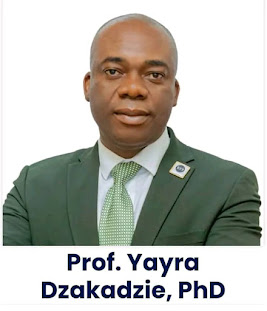GES COUNCIL INAUGURATED: A NEW ERA FOR GHANA'S EDUCATION SECTOR

The Minister for Education, Hon. Haruna Iddrisu, has inaugurated a 12-member Council for the Ghana Education Service (GES), marking a significant milestone in the country's education sector. The council, chaired by Prof. Mawutor Avoke, former Vice Chancellor of the University of Education, Winneba (UEW), is expected to provide strategic direction and oversight to the Pre-Tertiary Education sector. A DIVERSE AND EXPERT COUNCIL The council comprises representatives from various stakeholders in the education sector, including: 1. Dr. Rosemond Wilson ; from the West African Examinations Council (WAEC) 2. Prof. Azeko Tahiru Salifu; from the National Schools Inspectorate Authority (NASIA) 3. Mr. Adam Adu Marshall, from the National Teaching Council (NTC) 4. Prof. Yayra Dzakadzie from the National Council for Curriculum and Assessment (NACCA) 5. Rt. Rev. Paa Solomon Grant-Essilfie ; representing the Teacher Association on a rotational basis 6. Mrs. Mamle D. Andrews ; Chief Directo...


